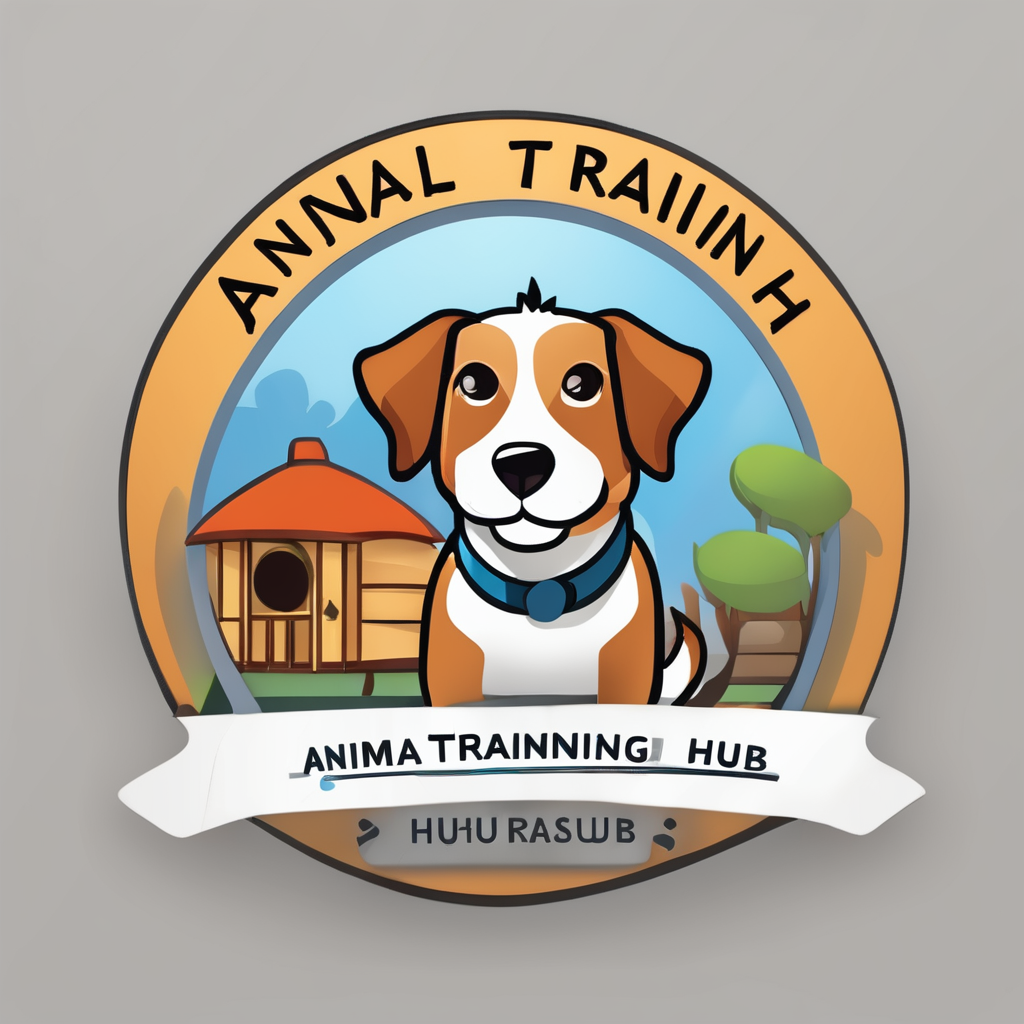Teaching your ferret to play gently can be both rewarding and challenging. Ferrets are playful and curious creatures, but their instincts can lead to nipping and biting. Understanding their behavior is essential to fostering healthy play habits. By implementing effective strategies, you can cultivate a safe and enjoyable environment for both you and your pet. Explore practical tips and insights that will make playtime a positive experience, ensuring a strong bond while encouraging gentle interactions.
Understanding Ferret Behavior
Exploring the playful and curious nature of ferrets can be both rewarding and challenging.
A voir aussi : Best Practices for Successfully Rehabilitating Rescue Foxes in Suburban UK Environments
Overview of Natural Ferret Instincts
Ferrets are naturally playful creatures, known for their energetic and curious nature. Their behavior often involves exploring their environment, which can sometimes lead to biting habits. This is part of their instinctual behavior, as they use their mouths to interact with their surroundings. Understanding these instincts is crucial for creating a harmonious living environment.
Common Reasons for Biting in Ferrets
Ferrets may bite for various reasons, including fear, excitement, or even as a form of communication. Recognizing these triggers can help in managing and redirecting their behavior. It's important to note that biting is not always a sign of aggression; often, it's a part of their playful nature.
A voir aussi : Essential Guide to Recognizing and Managing Common Fungal Infections in Tortoises
Importance of Gentle Play for Ferret Bonding
Engaging in gentle play is essential for building a strong bond with your ferret. Through play, ferrets learn boundaries and develop trust with their owners. Here are some tips for encouraging gentle play:
- Use toys to channel their energy.
- Avoid using hands as toys to prevent reinforcing biting habits.
- Reward positive behavior with treats.
Understanding and adapting to your ferret's behavior can significantly enhance your relationship, ensuring a joyful and fulfilling companionship.
Preparing for Training
Creating a positive and effective training environment for your ferret.
Setting Up a Safe and Stimulating Environment
To prepare for training, ensure your ferret's environment is both safe and stimulating. This involves removing any hazards and providing toys that encourage exploration. A well-prepared environment can prevent distractions and enhance the training experience.
Choosing the Right Time for Training Sessions
Timing is crucial for effective training. Choose moments when your ferret is naturally alert and energetic, avoiding times when they are tired or overly excited. Consistent training schedules help your ferret anticipate and engage positively with the process.
Gathering Necessary Tools and Treats for Positive Reinforcement
Positive reinforcement is key to successful ferret training. Gather a selection of treats and toys to reward desired behaviors. This encourages repetition of positive actions and strengthens the bond between you and your ferret.
Here's a quick checklist for training preparation:
- Safe environment: Remove hazards, provide toys
- Timing: Choose alert periods
- Tools and treats: Use for positive reinforcement
By focusing on these elements, you create a conducive atmosphere for training, promoting a harmonious and effective learning experience for your ferret.
Step-by-Step Training Strategies
Enhancing your ferret's learning through structured training methods.
Establishing the Basics
Training your ferret begins with establishing basic commands and cues. Start with simple tasks, such as teaching your ferret to come when called. Use a consistent command and reward with a treat each time they respond correctly. This reinforces positive behavior and builds a foundation for more advanced training methods. Consistency is key; repeat these exercises regularly to ensure your ferret becomes familiar with the routine.
Reinforcing Gentle Play
Gentle play is vital for preventing unwanted behaviors like biting. Use gentle play techniques to encourage your ferret to interact without using their teeth. Incorporate toys that your ferret can chase and tug on, diverting their energy away from biting. Always reward gentle interactions with treats to reinforce this behavior.
- Use toys to engage in gentle play
- Reward non-biting behavior with treats
- Be patient and consistent
Redirecting Biting Behavior
If your ferret bites during playtime, it's crucial to redirect this behavior. Use behavior modification strategies to teach them alternative ways to express excitement. When biting occurs, pause play and calmly remove your attention. Introduce a toy or command to shift their focus. Over time, your ferret will learn that gentle play is more rewarding, reducing biting incidents.
Recommended Toys and Activities
Enhancing your ferret's playtime with engaging and safe options.
Types of Toys That Promote Gentle Play
Selecting the right ferret toys is essential in encouraging gentle play and preventing unwanted behaviors. Opt for toys that are soft yet durable, such as plush toys or rubber balls. These materials are less likely to cause injury if your ferret bites or chews on them. Additionally, consider toys that can be filled with treats to stimulate their curiosity and keep them engaged.
Interactive Activities to Keep Ferrets Engaged
Interactive play is crucial for maintaining your ferret's interest and energy levels. Activities like hide-and-seek, where you hide treats around a room, can provide mental stimulation. Another engaging option is using tunnels or mazes, which cater to their natural instinct to explore. These activities not only entertain but also help in channeling their energy positively, reducing aggression.
Importance of Supervision During Playtime
Always supervise your ferret during playtime to ensure their safety. Monitor their interactions with toys to prevent any potential hazards. Supervision also allows you to intervene if play becomes too rough, helping reinforce gentle behavior.
- Durable materials: Plush, rubber
- Engaging activities: Hide-and-seek, tunnels
- Supervision: Safety, behavior management
Incorporating these elements into playtime can create a safe and enjoyable environment for your ferret.
Overcoming Training Challenges
Tackling common issues in ferret training with effective solutions.
Identifying Common Challenges in Training Ferrets
Training ferrets can be rewarding yet challenging, especially when dealing with behavior issues. Common challenges include persistent biting and aggressive behavior. These behaviors often stem from natural instincts but can be managed with patience and understanding. Recognizing the root cause of these training challenges is the first step in addressing them effectively.
Solutions for Persistent Biting or Aggressive Behavior
Addressing biting and aggression requires a structured approach. Use positive reinforcement to encourage desired behaviors. For example, reward your ferret when they engage in gentle play without biting. Consistency in responses is crucial. If biting occurs, calmly redirect their attention to a toy or command. This teaches them that gentle behavior is more rewarding.
- Positive reinforcement: Reward good behavior
- Redirect attention: Use toys/commands
- Consistency: Maintain steady responses
When to Seek Professional Training Assistance
If training challenges persist despite your efforts, consider seeking professional training assistance. A qualified trainer can offer tailored solutions and techniques to manage behavior issues effectively. They provide an objective perspective and specialized expertise that can be invaluable in overcoming stubborn challenges. This step ensures your ferret receives the guidance needed for a harmonious living environment.
Resources for Further Learning
Expand your knowledge on ferret care and training with these valuable resources.
Recommended Books and Articles
Exploring ferret care through literature can provide in-depth insights. Books like "Ferrets For Dummies" and "Ferret Handbook" offer comprehensive guidance on training and behavior. Articles in pet magazines often feature expert advice, ensuring you stay informed about the latest training resources.
Online Forums and Communities
Engaging with online forums and communities is a fantastic way to connect with fellow ferret enthusiasts. Platforms like Ferret-World and Reddit's ferret subreddit host discussions on training resources, offering personal experiences and solutions. These communities are invaluable for gaining diverse perspectives on ferret care.
Expert Insights and Advice
Consulting with veterinarians or animal behaviorists provides authoritative expert advice. They can offer tailored strategies for specific training challenges, enhancing your understanding of ferret care. Regular check-ups with a vet ensure your ferret's health is monitored alongside their behavioral development.
- Books: "Ferrets For Dummies," "Ferret Handbook"
- Online Platforms: Ferret-World, Reddit
- Experts: Veterinarians, behaviorists
Incorporating these training resources into your routine can significantly improve your approach to ferret care, ensuring a well-rounded, informed strategy for both you and your pet.











